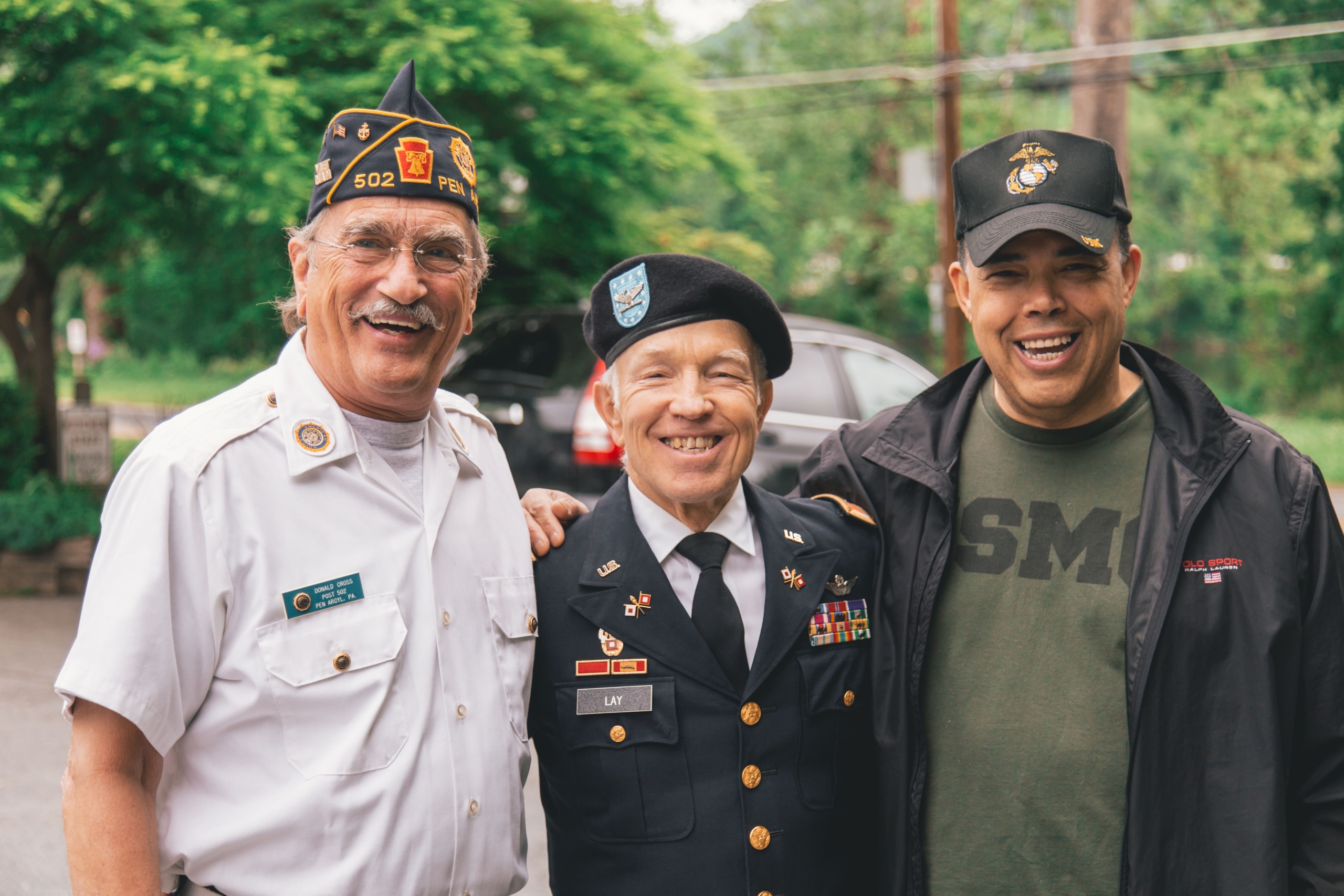Alzheimer’s disease and dementia cause cognitive dysfunction. The diseases increase certain difficulties in areas such as communication, handling complex tasks, problem-solving, and driving. Many vets that are diagnosed with the diseases suffer unexpected personality changes, depression, anxiety, paranoia, and agitation. Inappropriate behaviors and hallucinations may occur. At the onset of the symptoms, doctors conduct preliminary tests, and their findings show to what stage the condition has progressed.
Diagnosis and Prognosis
The clinician explains the expectations of each phase of the illness to the service members. When seeking specialty services for neurobiological defects, they must know their exact diagnosis and prognosis. The progression of dementia affects what ADLs or activities of daily life the vets can perform. Early-onset cases aren’t as limiting as later stages where the individual cannot recognize themselves or their family members.
At the preliminary stages, services such as memory care are useful and enhance their ability to retain new information. Certain therapies and even games that promote a healthier recollection are used in the care plans. Caregivers who set up the care services adjust the tasks according to what tasks the person completes on their own.
Therapies For Improvement
Many memory care specialists use normal, everyday tools to enhance cognitive abilities. Puzzles, card games, music, art, and mediation are common methods. By testing the person’s neurobiological function, they set up activities that address emerging difficulties.
Vets with sudden onset remembrance dysfunction need therapies that force them to concentrate and think about their next move. Many service members completed missions of service based on complex steps. The caregiver may initiate actions that get the vets to break down individual tasks into a list to remember how to do them. All soldiers learn how to take their guns apart in basic training, and the same series of movements are applied to varying ADLs.
Exercises In Care Plans
Physical activities are not just to improve health, but they are added to routines and schedules to improve memory function. Every day vets complete exercises as instructed. By performing the tasks at the same time every day, their bodies and minds become accustomed to completing those tasks. Improved circulation in the body enhances brain function, and veterans retain and recollect more by following the sequences.
Using Music in Therapies
Music promotes coherent thoughts and tests how much information the person has forgotten. Many doctors use brief sentences to gauge memory function. They can also use it to help individuals remember the lyrics. Instead of just reading the lyrics, the clinicians get the residents to sing the song. It’s best to choose simple songs with catchy phrases, and if the vets like the song, the experience is more memorable.
Cadences are useful for vets since they’ve been reciting them since the start of their military career. The chants are spoken whenever the service members march or perform specific tasks in PT. Since their brains are conditioned to focus on the words while doing these tasks, doctors can use the words to remind them to continue to the next item on their schedule.
By reciting certain phrases throughout the day, the person associates the expressions with things they do. The strategies help service members retain information and stay lucid more frequently.
Medication Management Requirements
Memory services address medication management. Doctors prescribe drugs to enhance the resident’s recollection and slow the progression of their illness. Common treatments for dementia are Aricept, Exelon, Reminyl, and Donepezil. Clinicians recommend vitamins and supplements such as ginseng that promote better cognitive health. Vets must follow their doctor’s instructions when taking these medicines. Neurobiological care nurses help the service members with their prescription schedules.
Where to Find Help
Summerfield of Roseville offers wonderful services for veterans, and the community provides specialized care for dementia and Alzheimer’s disease. The nursing staff provides assistance with improvements in cognitive abilities and memory retention. Service members receive the utmost privacy and opportunities to socialize with like-minded individuals. Veterans and their families can learn more about the community and memory care and a new special offer by setting up a tour now.
Dementia is a progressive disease that hinders cognitive function over a series of phases. Veterans are at a higher risk of developing the condition if they were diagnosed with severe forms of PTSD. Exposure to agent orange has increased the number of service members who are diagnosed. Memory services break down complex everyday tasks into one to two steps, making them easier to remember. By starting the services, veterans improve their quality of life and retain more additional information.

